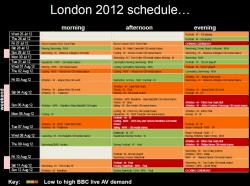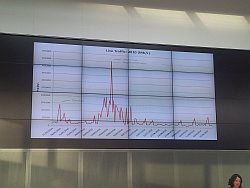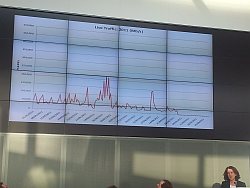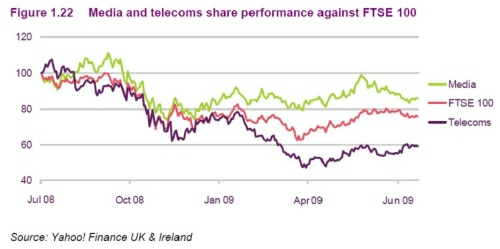Woke up this morning to another interview on the BBC News that concerns the ISP industry (is there a song there?). This time Jim Gamble, CEO of CEOP was speaking with BBC journalist Angus Crawford regarding the fact that CEOP often gets charged by ISPs when requests for information are made concerning child protection.
Gamble is suggesting that not charging should be the norm and that ISPs should see it as part of their social responsibility. Bit of an emotive subject this one. I have more than the average number of kids and of course I am interested in protecting them from sick, deranged individuals that roam the wild wild web. I am also a businessman and we have to keep a bit of perspective in play.
Firstly the ISP industry is legally entitled to recover costs under the Regulation of Investigatory Powers Act (RIPA). Secondly typically when ISPs “cover their costs” all they are doing is recovering a contribution towards their costs rather than the total cost (see penultimate paragraph). Thirdly the industry gets many thousands of these requests each year.
If there wasn’t a mechanism there to keep these requests down the those actually required, ie by charging for them, the concern is that the floodgates would open and the costs would skyrocket. These costs have to be borne by customers.
The numbers quoted by CEOP are as follows:
How much has CEOP paid to Communications Service Providers in each relevant accounting period since setting up in 2006?
Financial year breakdown:
Financial year 2006/2007 = £ 37,184.32
Financial year 2007/2008 = £ 69,717.46
Financial year 2008/2009 (to Dec 08) = £ 64,604.21
Total = £ 171,505.99
How many such requests has CEOPS had for access to information since 2006?
Financial year breakdown:
Financial Year 2006/2007 Total applications = 1,200
Financial Year 2007/2008 Total applications = 3,600
Financial Year 2008/2009 Total applications = 4,600
Total = 9,400
The CEOPs argument is that this money would be better spent on a couple more staff. In fact the charges, if you use the above numbers, work out at around £14 per request which in my mind is exceedingly good value. It certainly doesn’t cover the actual cost of the support.
The ISP industry covers so many areas of interest that it seems to have been in the news a lot recently. Intellectually it is a very interesting space to be and for ISPs brings with it particular challenges: consumers that want to pay very little but demand more for their money and stakeholders fighting their own corners left right and centre contribututing to further pressures on costs. In the B2B space the dynamics are slightly different but nobody can say this is a boring game.
 For the those of you who didn’t surface until after lunchtime on New Year’s day here are some links to my chat with William Wright on BBC Radio Lincolnshire yesterday.
For the those of you who didn’t surface until after lunchtime on New Year’s day here are some links to my chat with William Wright on BBC Radio Lincolnshire yesterday.









